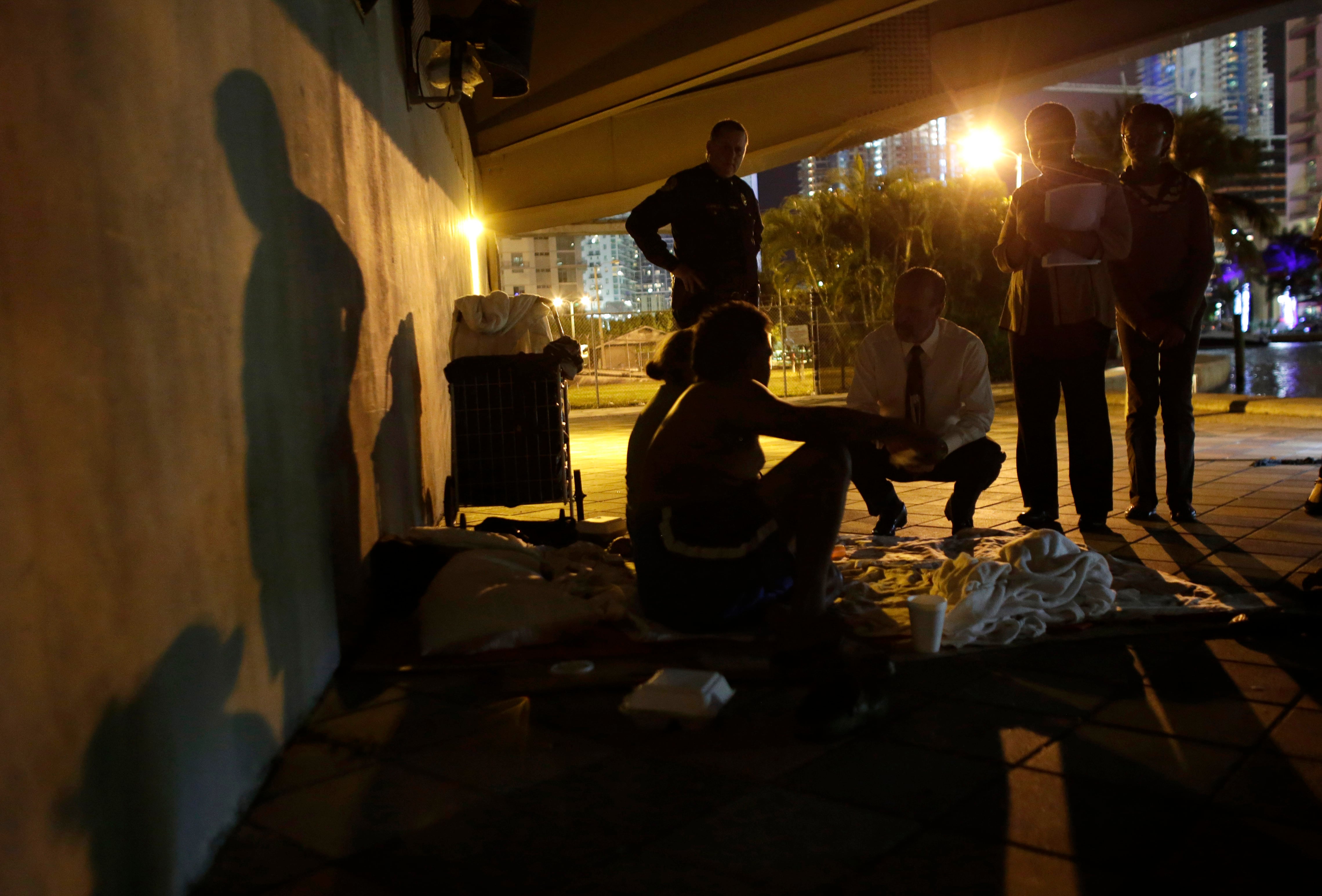Veteran homelessness is an issue that is often overlooked and should make all of us pause. As our economy continues to boom under this administration, we need to do more to ensure that our veterans share in our collective success. I am unambiguously committed to that cause.
This issue impacts all of our communities across the country. We see them on street corners across America in ragged clothing with tattered signs in hand. Their cardboard confession reads, “Homeless Vet, Please Help” and while their presence may cause a sympathetic reaction or feeling of guilt, we make every effort to avoid eye contact.
There are about 40,000 veterans struggling to put a roof over their head. Most are staying in shelters or transitional housing. A third of these veterans are living in cars, encampments or on the streets.
Addressing veteran homelessness goes beyond just talking points about educational and employment opportunities. In addition to these things, an adequate response to this alarming issue requires to look at health, mental status and an overall reintegration into society.
RELATED

Welcome Home in Columbia, Missouri, is working to honor veterans and restore their lives. While Welcome Home does offer a transitional shelter, they do so while providing much more than a bed. Their support efforts are individualized and aimed to connect veterans with VA benefits, health care and recovery services.
Understanding that temporary shelters, while serving an important role, are not the long-term solution, Welcome Home works to provide rapid re-housing and link veterans with placement permanency. Through their VETS Work program, they provide job readiness training and help veterans secure employment by working with a strong and dedicated network of area employers.
Ending veteran homelessness is not just about providing a safe place to sleep. For some veterans at risk of homelessness, all they need to turn the corner is access to the disability benefits they earned during service.
The University of Missouri’s School of Law Veterans Clinic serves this need by providing pro bono legal assistance to help veterans with benefits claims and discharge upgrades. By assisting with the cumbersome legal process, Mizzou’s clinic and the 25 other university offices like them, provide veterans with the compassionate and effective representation they deserve — but may not be able to afford.
These clinics also serve a dual purpose. They provide students with an opportunity to get practical experience while serving an at-risk population. However, clinics like these are providing their critical support without the aid of university or government funding. Understanding the importance of legal aid in improving outcomes, we as a community and as a Congress must come together to find solutions.
These, and many other non-profit organizations dedicated to serving our veterans are doing amazing work. It is my hope that more people get involved and give their time to helping our most needing veterans.
I joined the bipartisan effort by cosponsoring H.R. 3749, the Legal Services for Homeless Veterans Act which directs the secretary of Veterans Affairs to offer grants to organizations that provide legal services to homeless veterans and veterans at risk for homelessness.
Legal hurdles should not be an added hoop to jump through on the road to recovery, and it is essential that we come together across party lines to ensure our veterans are properly supported. I call on all my colleagues to join this effort. Together we can make a difference for the 40,000 veterans experiencing homelessness each day — or we can just continue to look away when we see them on the street corner.
Rep. Vicky Hartzler represents Missouri’s 4th Congressional District.
Editor’s note: This is an Op-Ed and as such, the opinions expressed are those of the author. If you would like to respond, or have an editorial of your own you would like to submit, please contact Military Times managing editor Howard Altman, haltman@militarytimes.com.





